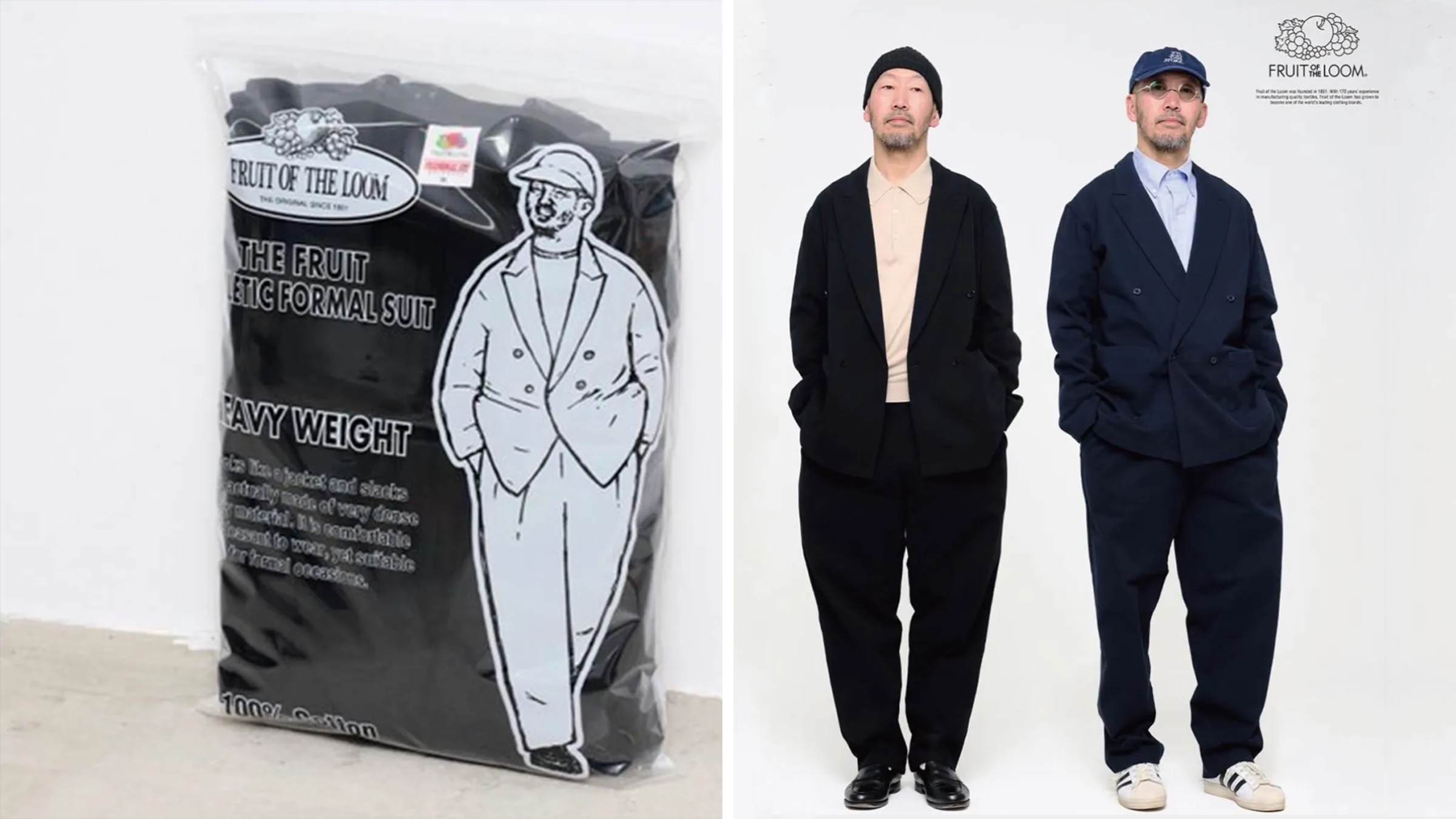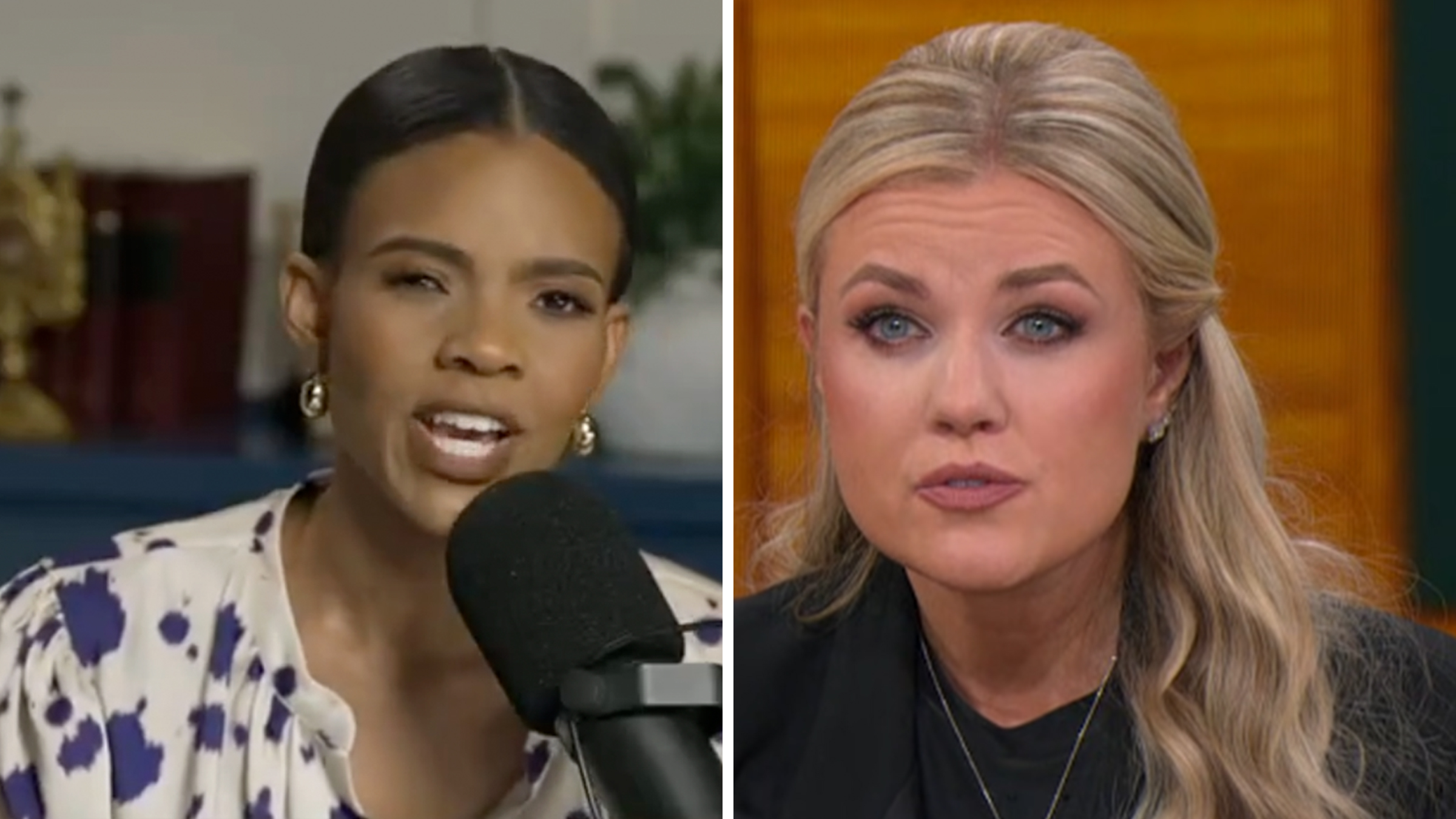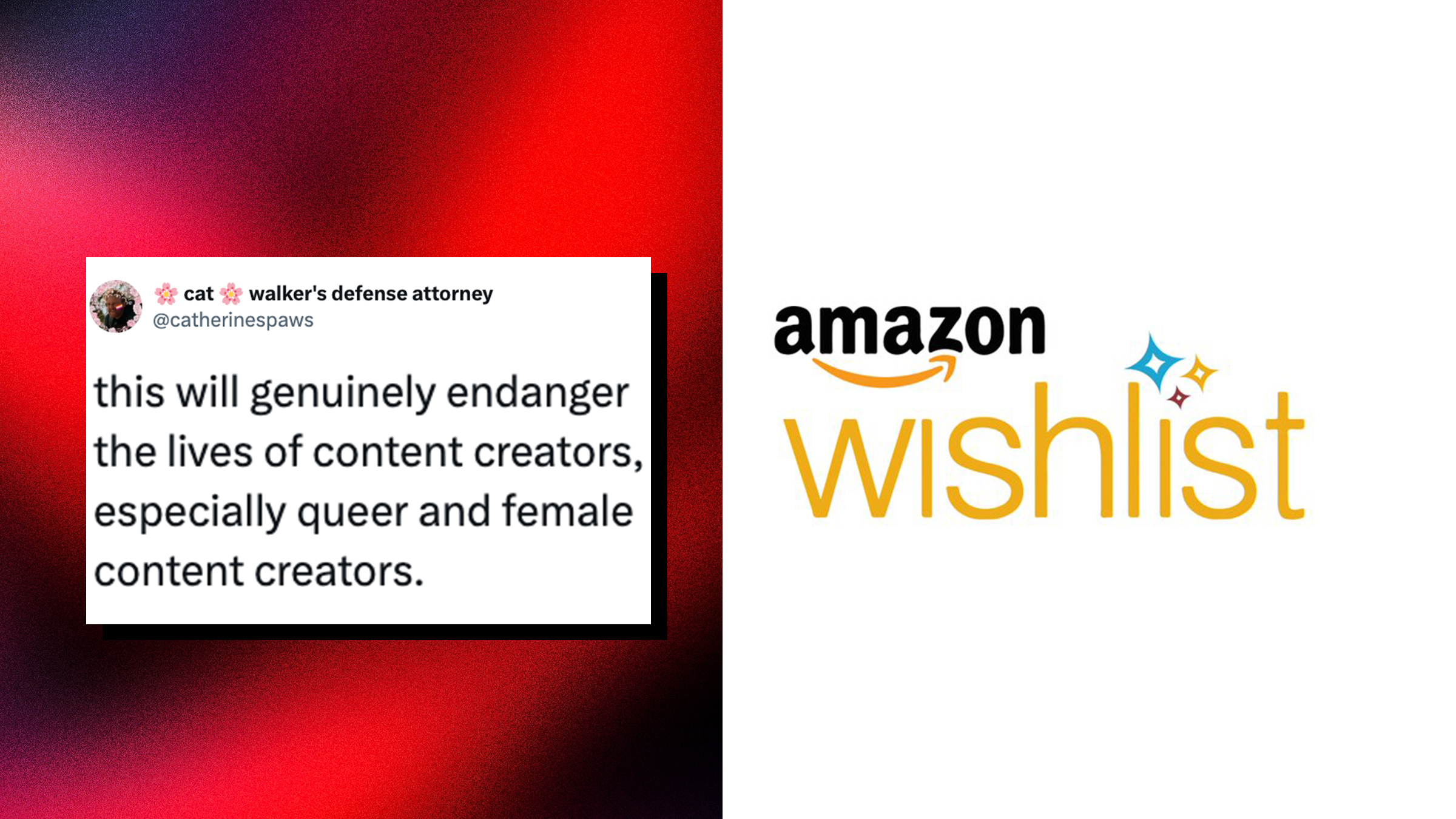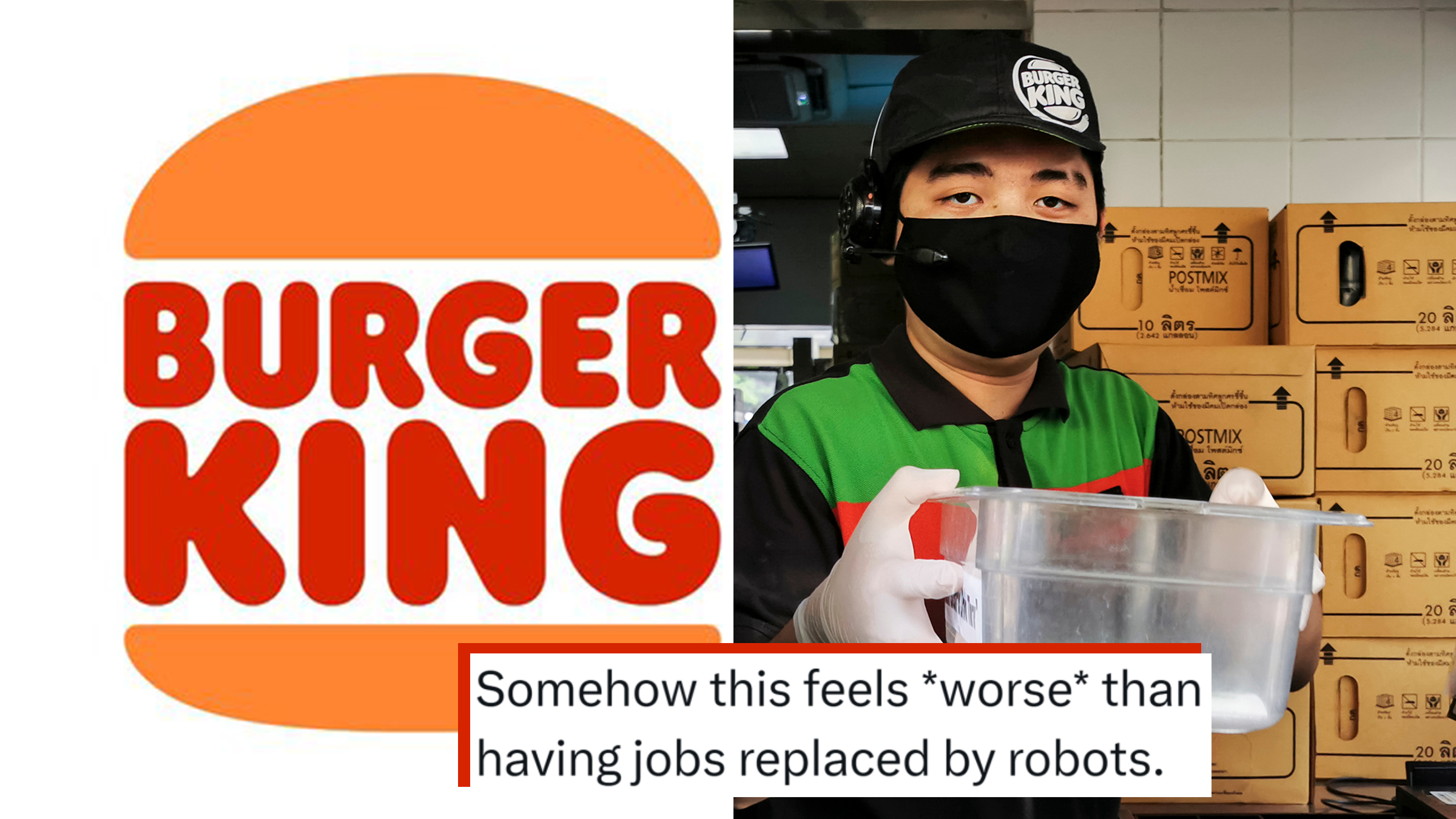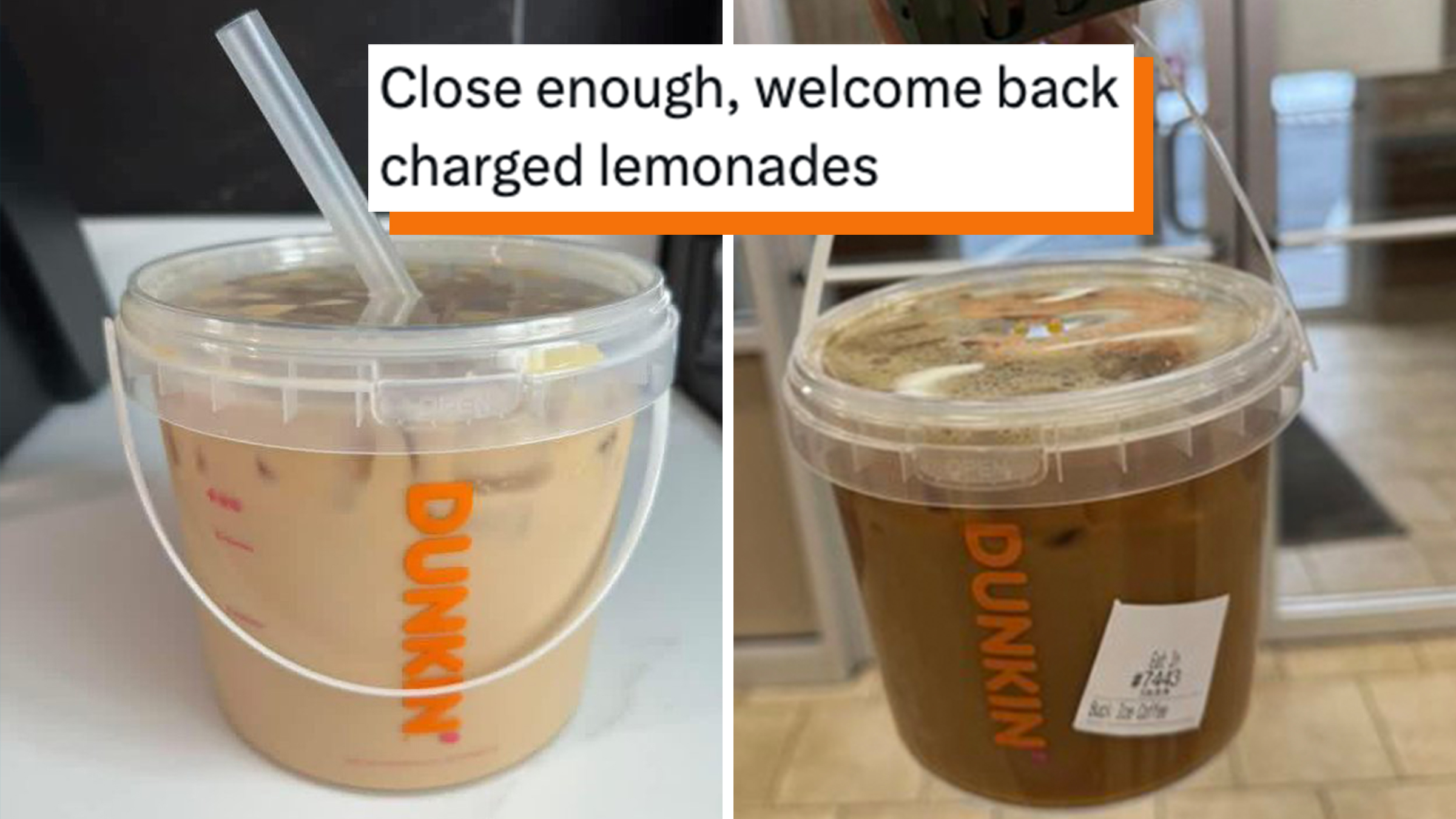Mom and influencer Shawniece Shepard came under fire in February for advertising a meet-and-greet where her 231,000 followers could pay to see her 3-year-old daughter.
Sarah Adams, who posts about child exploitation online and encourages others not to use their kids for content, said that Shepard’s event was “one of the most bizarre things I’ve seen to date.”
Adams, on TikTok as @mom.uncharted, started her account at the beginning of the pandemic, when she observed a change in parents’ behavior online.
“I noticed an increase in the amount of time that parents were spending online and what they were sharing,” Adams told the Daily Dot. “It just started to feel pretty invasive to me and a little worrisome.”
Adams encourages families to keep their children’s lives private and to not show their kids online. Safety is the primary concern Adams has for children posted to the internet, but she’s also leading the push on the right to privacy for young kids.
But it isn’t such an easy decision for an influencer.
When popular mom influencer Maia Knight decided to stop showing her internet-famous twins online, her fan base complained.
“I miss my babies,” one said in a video on TikTok.
Adams responded to the video, using it as an example of how people have formed parasocial relationships with children online.
“This is weird,” Adams said on TikTok. “It’s not funny, it’s not cute, but it articulates how deep and uncomfy these parasocial relationships are, specifically one’s that adults are developing with people’s children.”
Adams’ perspective seems to be catching on. Other TikTok influencers have also started to limit their child’s online presence as the conversation around privacy has become more prevalent.
There are also concerns children of influencers are not being paid for the monetized content they star in, and experts are raising concerns over how growing up in the online spotlight will affect these kids later in life.
Popular mommy influencers such as Bobbi Althoff and Knight began to stop showing their kid’s faces online last year. Althoff and Knight are two popular mom influencers with 12 million followers between them.
Family content online is nothing new, though, as the first generation of kids who grew up online are now emerging into adulthood.
A teen going by the name of “Claire” recently shared with Teen Vogue her experience as a child of influencers. She plans to go public with her full story once she turns 18 and is even considering going no-contact with her family due to the stress of having her life posted online.
Adams’ content is one of the main reasons influencer Prizzilla Greer stopped showing her kids online.
Greer has made content since 2015 but gained more viewers in 2019 when she began to post about her journey as a surrogate. While her kids were never the main focus on her page, she would occasionally make family content.
“I thought it was cool to do family vlog stuff and show me as a young mom,” Greer told the Daily Dot.
Over time, Greer became more uncomfortable with the idea of showing her kids online.
“I just don't like the idea of strangers thinking they know my kids well enough to come up and say ‘Hi,’” Greer said.
Greer’s decision to remove her kids from her public social media was cemented once Adams began popping up on her TikTok “For You” page.
Adams says she’s concerned when parents post their child’s personal and sometimes embarrassing moments such as meltdowns and doctor visits.
But the conversation around child exploitation is relatively new, meaning many creators haven’t been confronted with the realities of featuring their kids online.
“We're all navigating this new online world together,” Adams said.
Money back not guaranteed
California has a law in place for child actors to ensure that 15% of their earnings will go into what is called a Coogan account. The Coogan Law ensures the money minors make is their own, not their parents.
But no such insurance is currently in place for children of influencers.
“I felt like it wasn't regulated enough for me to allow myself to become like a mommy blogger or a family blogger and make them work,” Greer said.
Experts are concerned that parents making kids bring in income for the home can cause strains in the family relationship. Psychologist Dr. Pamela Rutledge says using kids to make money will confuse the parent and child relationship.
“If they're using the child as a money making venture, that means that their incentives for decision-making are going to be different than if they were viewing themselves just as a caretaker and protector of a child,” Rutledge told the Daily Dot.
Rutledge also thinks copyright concerns will pop up as kids get older and see how their parents have used their image.
“At what point is it OK for parents to bear the image of their children and at what point does it belong to the child?” Rutledge said.
Alongside copyright, Adams emphasizes a lack of consent.
It’s impossible to truly obtain it from a minor; kids are unable to understand that the videos they’re making are being seen by millions of people.
“It really bothers me that parents are justifying the choices they are making by saying their children, who are very young, can consent,” Adams said in a TikTok from last year. “You’re setting a really dangerous precedent by saying that your child can consent. They can’t.”
University of Washington student Chris McCarty is bringing awareness of this issue to lawmakers. She aims to ensure children's influencers are compensated for the viewers they bring in. She founded Quit Clicking Kids, an advocacy group that aims to bring legislative change to ensure child influencers receive compensation and privacy.
Two bills in the U.S. are in the works, Senate Bill 1782 in Illinois State and Washington State House Bill 1627. For kids who are featured in 30% of content that is earning revenue, these bills would ensure a percentage of that revenue would be specifically set aside for the child.
“Unfortunately, parents don't always have their kids' best interests at heart,” McCarty said.
McCarty references child actors when talking about these bills and how many of them lost the money they earned after their parents took it all.
Former iCarly star and bestselling author Jennette McCurdy spoke out on the Iced Coffee Hour podcast about how she didn’t receive any money from her time on iCarly because paperwork for the Coogan account wasn’t filed. She also talked about how the money she made was mismanaged by her mother.
“I'm sure there are a lot of child actors, parents who didn't use that money, who saved it for their kids,” McCarty said. “But that's not necessarily the case, in every situation. That's to me why this legislation is so important, to protect every kid, regardless of whether the intentions are there.”
Predators and haters behind a screen
After Greer shared that her kids received the COVID-19 vaccination in 2021, anti-vaxxers flooded her comments with attacks on her kid’s appearances, telling her she gave her kids fetal alcohol syndrome.
“My kids can read now. God forbid they see those messages,” Greer said.
McCarty warns creators that not everyone watching their content has pure intentions, even if the creators do.
“Even if the things being posted aren't inherently problematic, there can be malicious intent from followers of those accounts,” McCarty added.
SB1782 and HB1627 also address privacy concerns. For kids who are frequently posted online by their parents, once they’re 18, they have the right to request that any videos featuring them be removed.
Experts say the ability for children of influencers to get their videos removed once they are 18 is important.
“It definitely seems like there needs to be privacy restrictions in place to protect these kids' personal stories, especially when things like mental health issues and hospital visits are shared,” McCarty said.
There are a number of creators on TikTok who show their kid’s medical issues in the name of awareness. However other creators with disabilities or medical issues say bringing awareness isn’t worth the breach of a child’s privacy.
Consequences of fame
Rutledge suggests that former child stars are an indicator for how internet fame will affect these kids who are achieving digital stardom.
“Fame is a double-edged sword,” Rutledge said. “It alters people's perspectives and priorities and we've seen child stars crash and burn right and left.”
Rutledge says that kids who take on the responsibility of bringing income in for their families lose the ability to be regular kids. She says there is also a concern that social validation will be perceived as more important than internal development for these kids.
“Views and likes are largely based on appearance,” Rutledge said. “They aren’t based on your inner thoughts and feelings, which means that those kids haven't had a chance to really cultivate those to their advantage.”
Rutledge said that having kids online can warp their sense of reality and how they view success. The emphasis on achievement changes how these kids develop—which will affect them later as they enter adulthood.
“I think that there's going to be emotional challenges where certain kinds of socio-emotional skills weren’t developed because of the nature of being an influencer,” Rutledge said.
For parents who are considering how much they want to feature their kids online like she did, Greer reminds them that it is never too late to just stop and change their minds. As she stopped posting her kids, she noticed Kylie Jenner heavily features her oldest daughter Stormy on her instagram but rarely posts her newest child, Aire.
“Doesn't she know she always has the power to just stop posting Stormy as well? She doesn't owe us anything,” Greer said. “It's never too late.”


